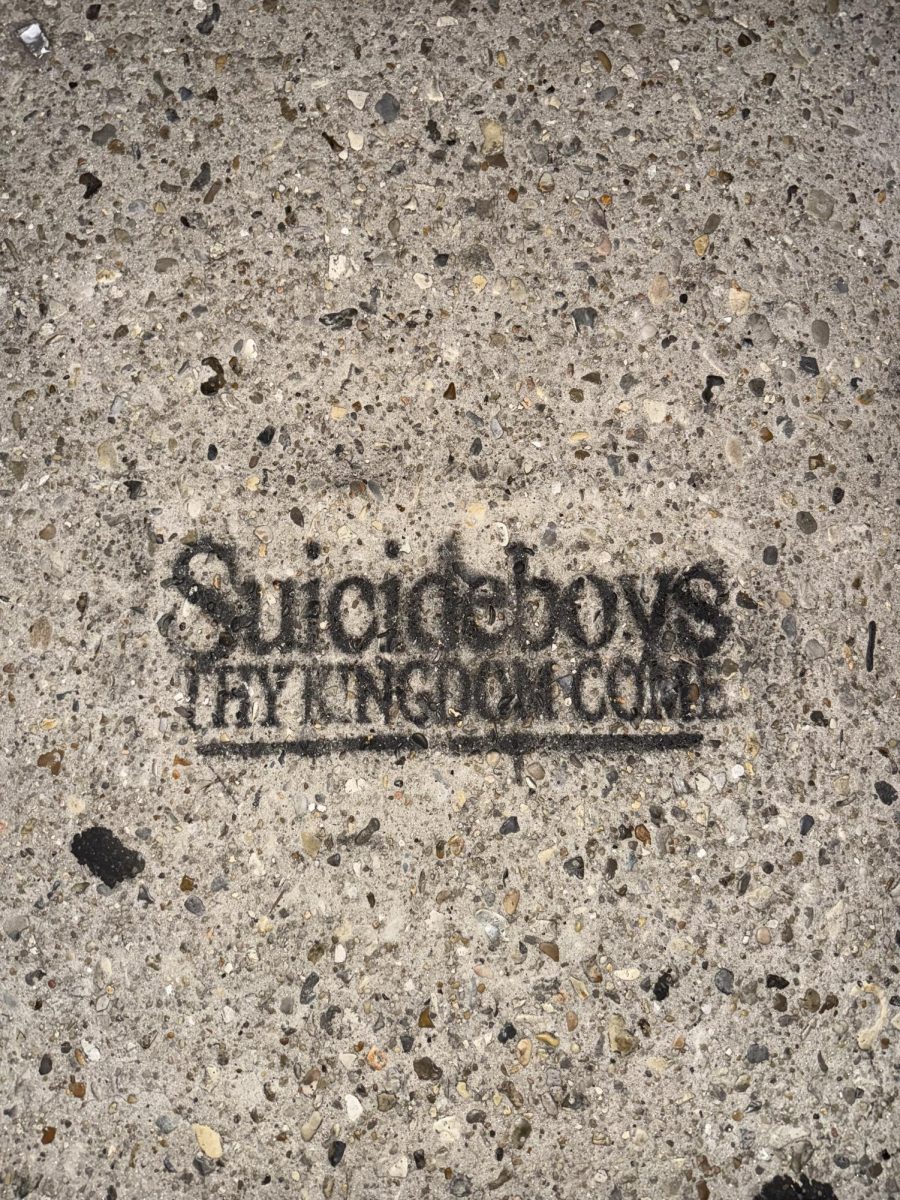With helpful tips offered to guide you through everyday life, the LifeHacks series may seem innocent at first glance. But there is a darkness lurking beneath the surface.
Tips such as using an empty CD container as a bagel sandwich holder fool the casual viewer. And yet other, more sinister tips are available.
“Some of the LifeHacks are harmless, little things that anyone could have thought of,” said Jonathan Spillman, a sophomore English major.
Spillman agrees that while he may enjoy a well held together bagel sandwich, giving out information concerning conning vending machines into coughing up their change is a bit criminal.
“It’s just unethical. The LifeHacks are a ‘use at your own risk’ informational outlet. Some of them can be slightly helpful, but most of them are obviously ridiculous,” Spillman said.
Jessica Durham, a sophomore undeclared major believes that everyone should choose the highroad when approaching LifeHacks.
“If you want to make a sturdy bagel sandwich, make a bagel sandwich. But don’t steal and lie, ” Durham said.
If moral and ethical, Durham finds the LifeHacks creative if not entertaining. Durham believes advice should be morally appropriate, and LifeHacks weren’t meant to be taken seriously.
“The funny ones are entertaining, like using a cat as a swiffer. But if someone chooses to use this advice and take it seriously, then that’s their prerogative,” Spillman said.
The effectiveness and necessity of LifeHacks is certainly debatable, but when used for a quick laugh they are harmless.
“Most of them are so obviously ridiculous that no one should ever take them seriously. Covering yourself with a certain brand of toothpaste and lighting yourself on fire and thinking you’d be totally unharmed is just silly,” Spillman said.
When using a LifeHack, remember to approach with caution.
No one wants to explain that they were only doing what the Internet told them to.




